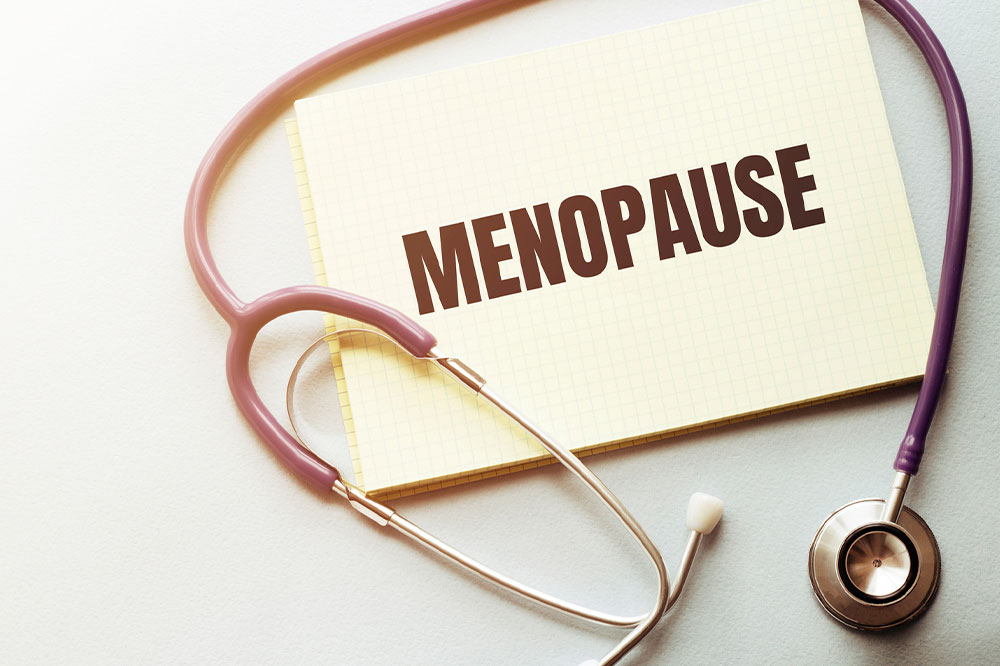Comprehensive Guide to Managing Menopause Symptoms and Treatment Options
This comprehensive guide explores menopause, its common symptoms, and effective treatment options to help women manage this important life stage. Learn about lifestyle changes, hormone therapy, and when to seek medical advice to maintain optimal health through menopause and beyond.

Effective Strategies for Menopause Symptom Relief
Understanding Menopause
Menopause represents a significant milestone in a woman's life, marking the end of her reproductive years. It is clinically diagnosed after a woman has gone through 12 consecutive months without a menstrual period. Typically, menopause occurs naturally in women during their late 40s to early 50s, with the average age being around 51 years in the United States. Although it is a natural biological process, menopause can bring about a variety of physical and emotional changes that impact daily life.
During menopause, hormonal fluctuations, particularly declines in estrogen and progesterone, cause the most noticeable symptoms. While some women experience mild symptoms, others may face more severe challenges, including hot flashes, sleep disturbances, and mood swings. Fortunately, there are numerous treatment options designed to alleviate these symptoms, ranging from lifestyle modifications to medical therapies like hormone replacement therapy (HRT).
Recognizing Menopause Symptoms
Symptoms can differ widely among women and tend to vary in intensity and duration. During the perimenopausal phase— the transition period leading up to menopause—women may notice irregularities in their menstrual cycle. This phase often includes a host of symptoms that signal the beginning of this life stage. Common signs include:
Irregular or unpredictable menstrual periods, which may become shorter, longer, or sporadic
Vaginal dryness and discomfort during intimacy
Intense hot flashes and sudden chills
Night sweats that disrupt sleep
Sleep disturbances and insomnia
Emotional fluctuations such as irritability, anxiety, or depression
Changes in metabolism leading to weight gain
Thinning or dry hair and skin
Decreased breast fullness and tissue volume
It's important to recognize that symptoms vary from woman to woman. While irregular periods are common, they do not always indicate pregnancy. However, if you miss a period and are uncertain about pregnancy status, consider pregnancy testing. Understanding and acknowledging these symptoms are crucial in managing the transition smoothly.
When and Why to Seek Medical Advice
Routine medical check-ups are essential throughout a woman's life but become especially important during the menopause transition and afterward. Regular screenings, including mammograms, colonoscopies, and lipid panels, help monitor overall health and detect potential issues early. Based on your personal health history, your healthcare provider may recommend additional examinations such as thyroid function tests or pelvic ultrasounds to assess reproductive and hormonal health.
Immediate medical consultation is advised if you experience unusual or unexpected symptoms such as abnormal vaginal bleeding after menopause, as this could indicate underlying issues requiring prompt attention. Open communication with your healthcare professional ensures personalized care and effective management of menopausal symptoms, improving quality of life during this natural life stage.
By understanding menopause, recognizing its symptoms early, and exploring available treatments, women can navigate this transition with confidence and less discomfort. Whether through lifestyle adjustments, medical therapies, or a combination of both, effective management is achievable—helping women maintain their health, vitality, and well-being well beyond their menopausal years.





